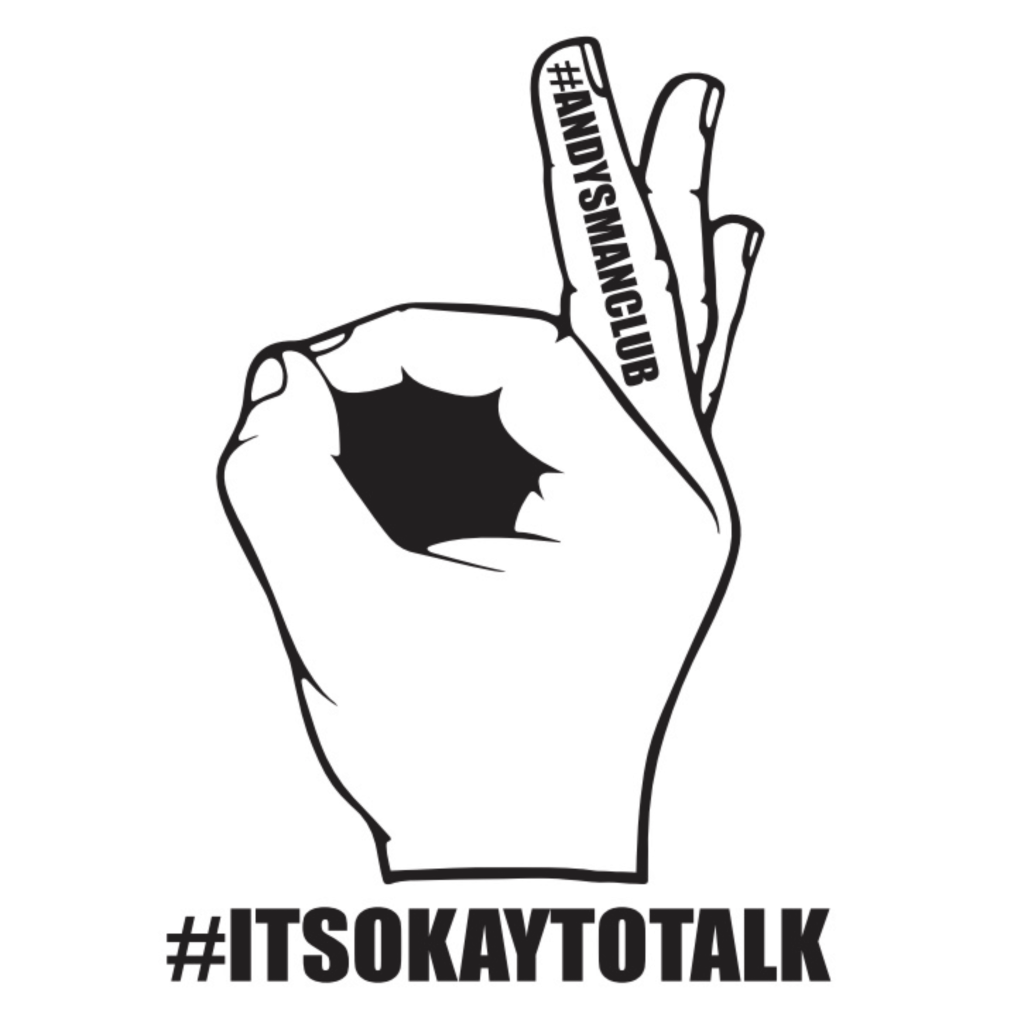How Anxiety Manifests Differently in Men
Anxiety affects millions of men worldwide, but it doesn’t always present in the way people expect. While anxiety is often associated with excessive worry or fear, men tend to experience and express it differently. Instead of openly verbalising distress, men may exhibit physical symptoms, irritability or changes in behaviour that don’t immediately seem linked to anxiety.
Because of these differences, many men struggle to recognise their own anxiety and those around them may misinterpret the signs. Understanding how anxiety manifests in men is essential to breaking the stigma and ensuring that more men seek the support they need.
Physical Symptoms of Anxiety in Men
Men often experience anxiety through physical sensations rather than openly acknowledging emotional distress. These symptoms can be misattributed to stress, poor diet or even underlying health conditions. Common physical signs include:
- A racing or pounding heart
- Excessive sweating
- Muscle tension or unexplained aches
- Restlessness or difficulty sitting still
- Shortness of breath
- Stomach issues like nausea or IBS-like symptoms
- Trouble sleeping or frequent waking during the night
Because these symptoms mimic other medical conditions, men may seek help for physical ailments rather than recognising them as anxiety-related.
Emotional and Behavioural Signs of Male Anxiety
Many men struggle to verbalise their feelings, which means anxiety often presents in behaviours that don’t seem immediately linked to mental health. These can include:
Irritability and Anger
Rather than displaying nervousness or fear, men with anxiety may become frustrated, impatient or even aggressive. This is sometimes referred to as “fight mode,” where the body’s instinctive response to stress results in heightened irritability.
Avoidance
Men may go out of their way to avoid situations that trigger their anxiety, whether that’s social gatherings, work responsibilities or even discussing their emotions. Avoidance can create short-term relief but often reinforces anxiety in the long run.
Difficulty Focusing
Racing thoughts and excessive worry can make it difficult to concentrate, leading to procrastination, forgetfulness or trouble completing tasks. This can impact both work performance and personal life.
Overworking or Overtraining
Some men attempt to “outrun” their anxiety by immersing themselves in work, exercise or hobbies. While staying busy can seem productive, pushing too hard without addressing underlying anxiety can lead to burnout.
Substance Use
Men struggling with anxiety may turn to alcohol, smoking or drugs as a way to self-medicate. While this can provide temporary relief, substance use can worsen anxiety over time and lead to dependency.
Why Men Experience Anxiety Differently
Social Conditioning
From a young age, many men are taught to suppress their emotions rather than openly express worry or fear. This conditioning can make it harder to acknowledge anxiety when it arises.
Fear of Being Seen as Weak
Traditional masculinity has often been associated with strength and control. Because of this, some men may view anxiety as a sign of vulnerability or weakness, making them hesitant to seek support.
Different Coping Mechanisms
While women are often more likely to talk about their anxiety, men tend to cope by “fixing” problems through action, whether it’s staying excessively busy, isolating themselves or pushing their feelings aside.
How Therapy Can Help Manage Anxiety For Men
Many men believe they have to deal with anxiety alone, but professional support can provide tools and strategies to manage symptoms in a healthier way. Therapy helps men:
- Recognise and process emotions without feeling overwhelmed
- Develop healthier coping mechanisms that don’t rely on avoidance or unhealthy distractions
- Understand the root causes of anxiety, whether it’s work stress, past trauma or internalised pressure
- Build confidence in handling anxiety triggers through practical strategies
Anxiety in men doesn’t always look like excessive worry. It can manifest as frustration, physical discomfort, avoidance or overworking. Because of this, many men don’t recognise their anxiety until it starts affecting their daily lives.
If you’re experiencing any of these symptoms, know that you’re not alone and help is available. Seeking support isn’t a sign of failure. It’s a step towards gaining strength, resilience and control over your mental health. Men’s Therapy Hub connects men with therapists who understand these challenges and can help you find effective ways to manage anxiety and regain balance in your life.















